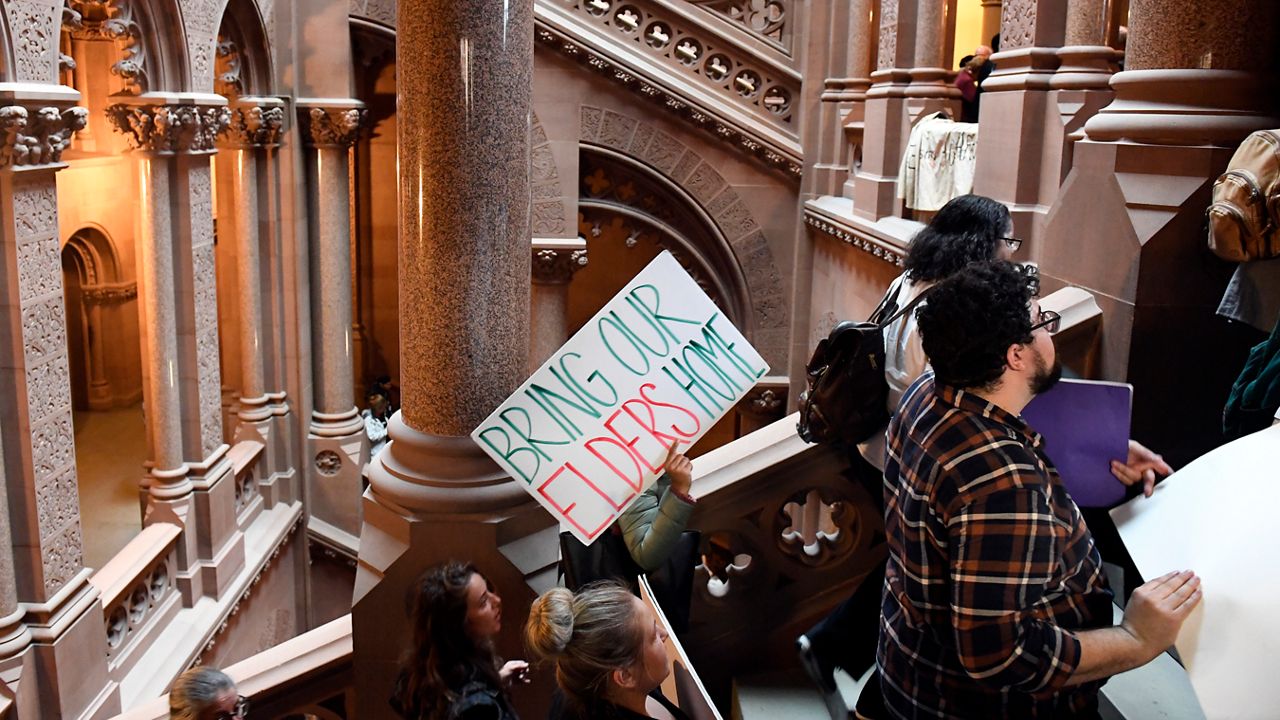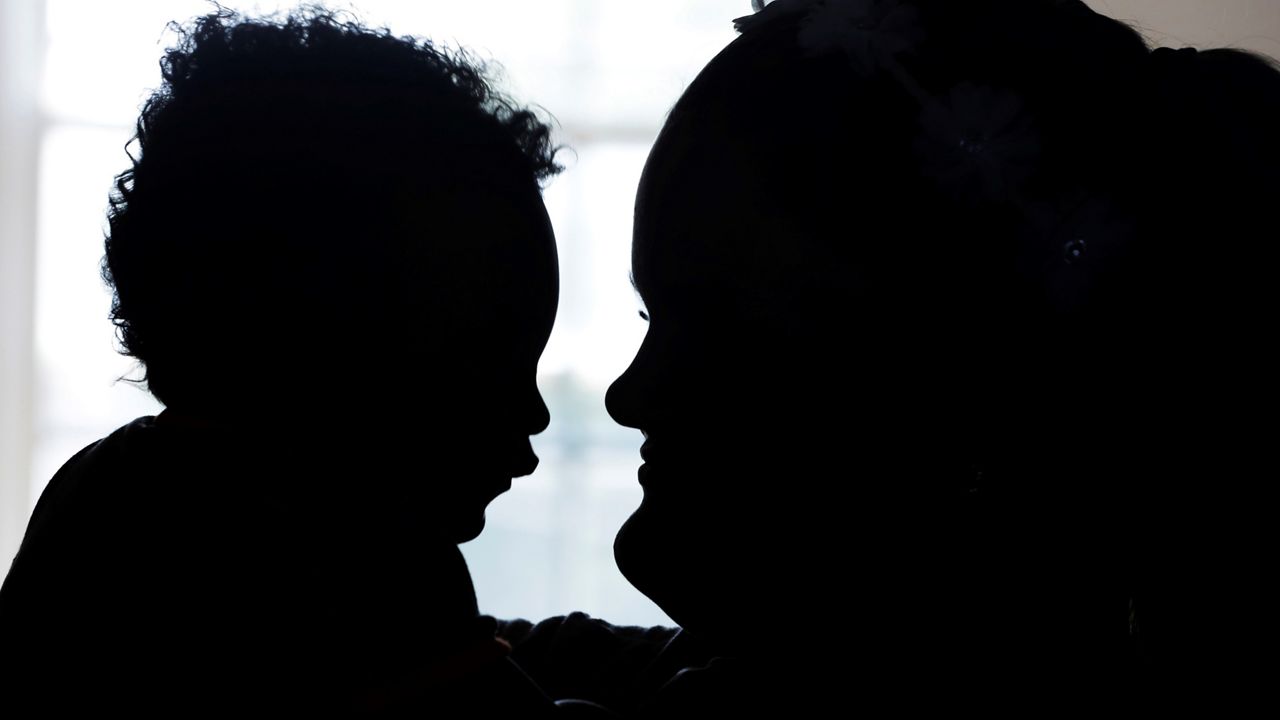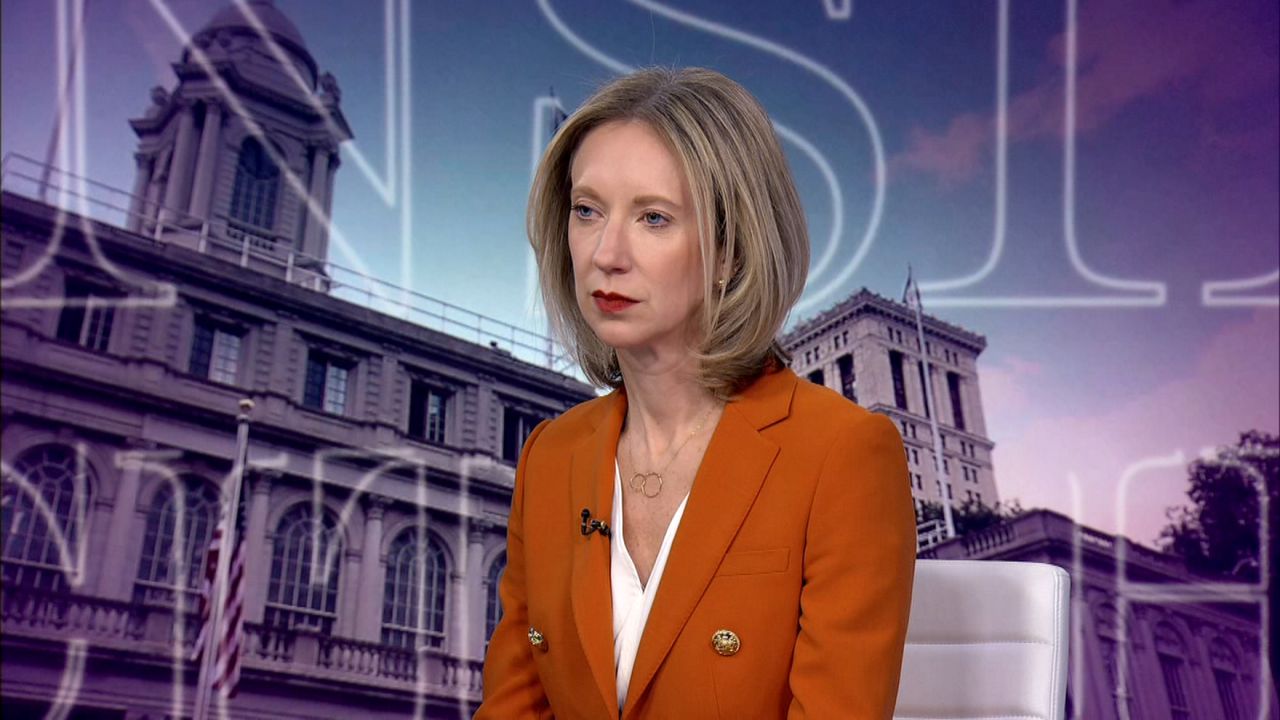Amaury Tañón-Santos, executive director and CEO of Schenectady Community Ministries, works directly with the 80 families — 238 people total — staying at the Super 8 Hotel in Rotterdam.
“About 100 of these are children; 70 are school-age children who we are working directly with,” Tañón-Santos said.
All of the migrants are asylum seekers, from countries including China, Haiti, Peru and Venezuela.
“The Mohonasen Central School District and the Schenectady Community Action program are beginning to do assessments to make sure that, two weeks from now, they are ready to begin school,” Tañón-Santos explained.
According to Mohonasen Superintendent Shannon Shine, the district will have 70 students ultimately enrolled, although the current total is 66.
All of the students are living at the Super 8 Hotel in Rotterdam.
While the vast majority speak Spanish, there are also speakers of Chinese and Mandarin, as well as Haitian-Creole.
“We’re lucky that we’re already experienced with English Language Learners,” said Shine, who refers to this group by the acronym “ELLs.” “We have several teachers, but we’ve never had such a rapid influx. This is almost tripling our ELL populations. We need to gear up.”
To do that, Mohonasen is interviewing candidates to teach “English as a New Language” classes.
This month, working with DocGo, a local church, New York State United Teachers and volunteers, Mohonasen registered the students, and gave them the New York State Identification Test for English Language Learners (NYSITELL).
They also provided food, lunch, snacks, toys and clothing.
“It was pretty darn heart-warming,” said Shine. “We had volunteers, our own teachers, administrators, people involved in the community. They showed up. It was really one of those cool community moments.”
This immersion into the school community will continue with tours of Mohonasen schools for ELL families.
The students will also be vaccinated. The good news, according to Shine, is that most of the families are being approved for Medicaid and their children are being signed up for Child Health Plus.
The challenge will be finding enough teachers, substitutes, social workers and bus drivers to serve this influx of families (for a list of job openings, visit Mohonasen.org).
But Shine says he’s up to it.
“It seems a little daunting, but after we have navigated COVID, not to belittle it, it seems like child’s play,” Shine said.
Other state officials are venting their frustration with government inaction in the face of this influx of migrants.
Assemblymember Monica Wallace issued a statement Wednesday, saying in part:
“It is now clear that, despite assurances to the contrary by DocGo and the Adams’ administration, dozens of school-aged children are expected to enroll in Cheektowaga schools this September. I’ve already contacted state education officials to insist that additional resources be allocated to impacted Cheektowaga schools.”
One thing that would be helpful, according to Amaury Tañón-Santos, are specifics from DocGo.
“The one thing that we continue to ask, is that we want to have clarity. What is it that DocGo is expected, by contract, to provide, so that we can fill in the gaps and not provide things that they are already providing,” he said. “We still don’t know what the (DocGo) contract looks like.”
Capital Tonight sent an emailed request for comment to DocGo, but did not immediately hear back.









